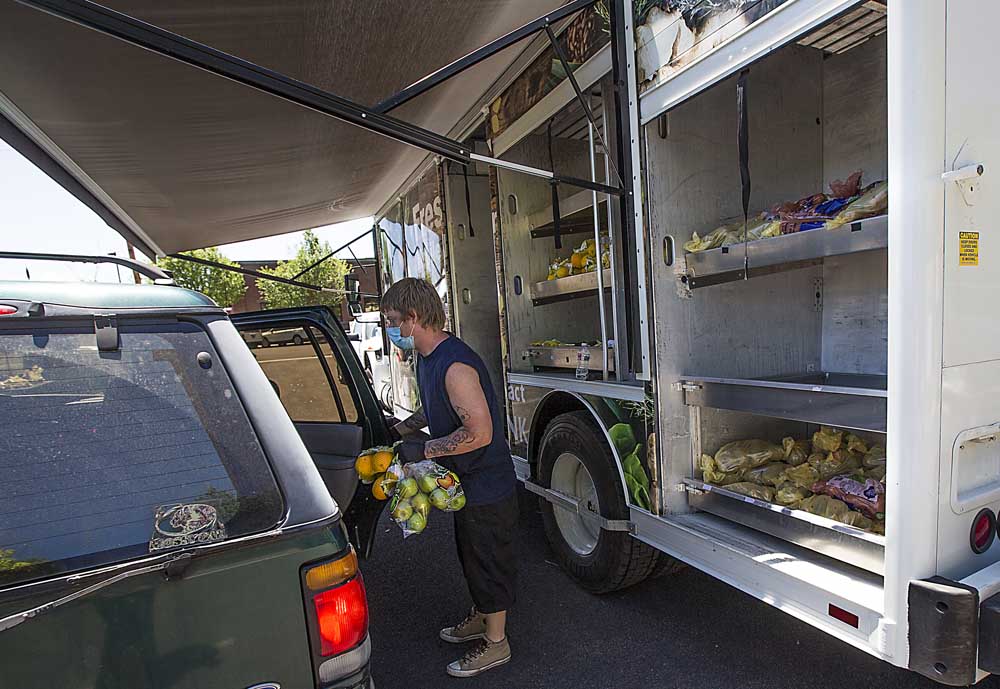Family finances playing bigger role in family planning
Published 5:00 am Sunday, March 15, 2009

- Cost is increasingly becoming a factor in making decisions about pregnancy, reproductive service agencies warn. Abortion rates, long on the decline, saw some of their highest numbers at the beginning of this year.
CHICAGO — As the economy worsens, providers of reproductive services say they are fielding more calls from distraught women facing difficult decisions about pregnancies they didn’t plan and can’t afford.
The interviews also suggest that more women are struggling to afford contraception and that, in some cases, they are risking their physical and emotional health by delaying abortion procedures for weeks as they seek a way to pay the cost.
Abortion rates have been declining for years, and experts said it is too early to know whether the nation’s financial woes will change that trend. Government and private agencies that track abortions have not yet compiled statistics for 2008 or early 2009.
But some state chapters of Planned Parenthood say January 2009 had the highest number of abortions on record since the organization’s founding. (Planned Parenthood has a policy against disclosing actual numbers.)
The National Network of Abortion Funds, whose members raise money to help women pay for abortions, says calls to state and local affiliates from women seeking financial assistance have increased from 50 percent to more than 100 percent in recent months. Calls to the national office, which provides referrals, have almost tripled from a year ago, said board chairwoman Toni Bond Leonard.
“The demand for funding has increased because of the economic downturn, because women are losing their jobs or the partners have lost their jobs, and they’ve lost their health insurance,” she said. “Or their bills are such that they don’t have any additional income.”
A recent report by the network found that more than 75 percent of the calls came from women who were at least four months pregnant, Leonard said.
“No woman purposely waits until her second trimester to have an abortion procedure,” said Gaylon Alcaraz, director of the Chicago Abortion Fund. “They are trying to raise money, get resources, get things together.”
Sondra McEnroe, board mem- ber of Central Illinois Right To Life Inc., said her organization tries to persuade women that they can avoid choosing abortion even if they are feeling crunched by the economy.
“Almost all women who understand that it’s a life, that it’s a baby no matter what stage it is, once they realize that and understand that there are people who can help them, they usually can work it out,” she said.
Some Planned Parenthood clinics say they have seen more people seeking contraception services. At the same time, some women are limiting birth control to save money, a troubling trend that could increase their risk of an unwanted pregnancy, health professionals said.
“These economic hard times are forcing people to … ask scary questions of themselves,” said Steve Trombley, president and CEO of Planned Parenthood of Illinois. “… Can I pay for basic health care and necessary medication? Can I afford to have another child?”






